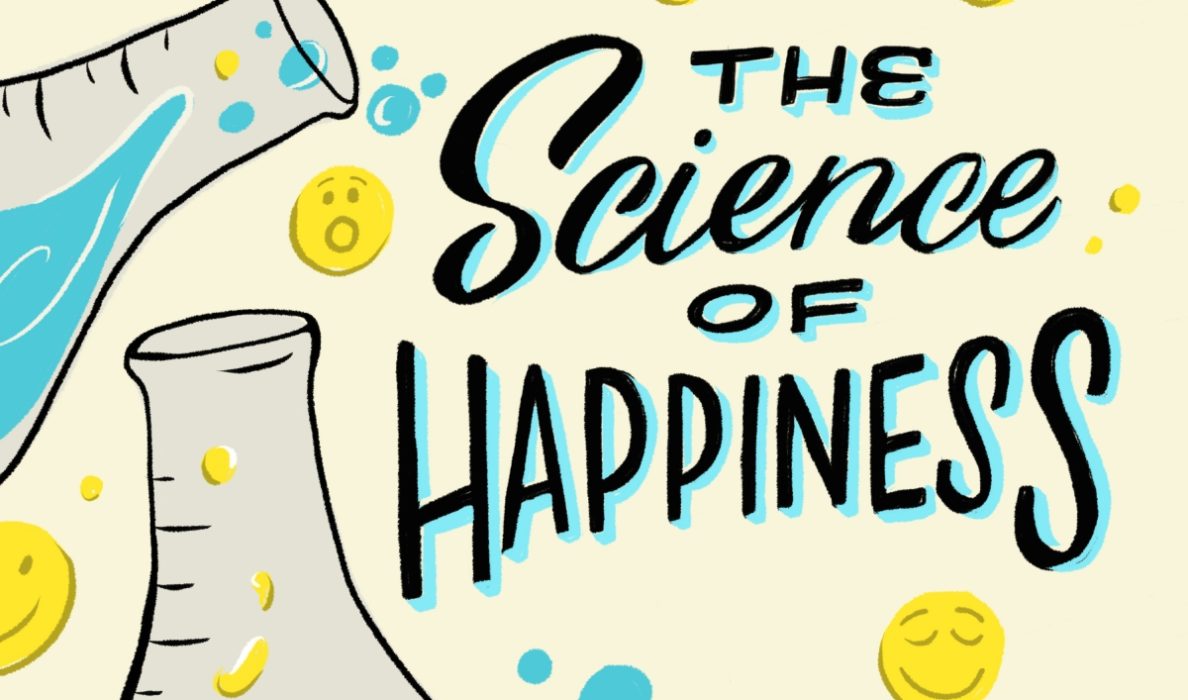The University of California, Berkeley (my alma mater!) is now offering a free online course exploring the foundations of a happy and meaningful life. First offered in 2014, more than 550,000 students across more than 200 countries have registered for the course over the last six years. It is now available for free to anyone in the world.
The eight-week course is led by psychology professors Dacher Keltner and Emiliana Simon-Thomas and produced by the Greater Good Science Center. The content is derived from a wide range of psychological research and features video lectures, guests, happiness exercises, reading materials, and a way to track students’ happiness progress.
You can sign up through the edX platform here. The team responsible for the course has also started a podcast, which you can listen to here.
The course not only teaches students what in life tends to lead to greater happiness, but also seems to help them actually implement these changes in their lives. According to its producers, the course has demonstrably increased students’ reports of positive feelings and life satisfaction. These results get stronger the longer people stick with the course.
Ultimately the course concludes that happiness is a result of at least three core ingredients:
- The strength and authenticity of a person’s social connections,
- Their aptitude for human kindness, and
- Their constructive role in meaningful community.
I can’t help but think many of us grow up with incomplete – and sometimes outright wrong – ideas of what leads to happiness. We (myself included) keep striving for status, power, or money, believing they will give us the satisfaction we yearn for. But the research paints a different picture. True happiness for most of us comes from connecting with others. True happiness comes not from setting ourselves above and apart from others, but from joining and serving our communities.
This free offering could not have come at a better time. Social distancing has brought with it both quite a bit of extra time for many, but also not as much ability to connect with others. In some ways, we are more disconnected from our communities than ever. And because of that, we all are at greater risk of slipping into disconnection, depression, and meaninglessness. Perhaps in these dark times we can use this course as a way to realign our lives with what makes us truly happy and purposeful.



